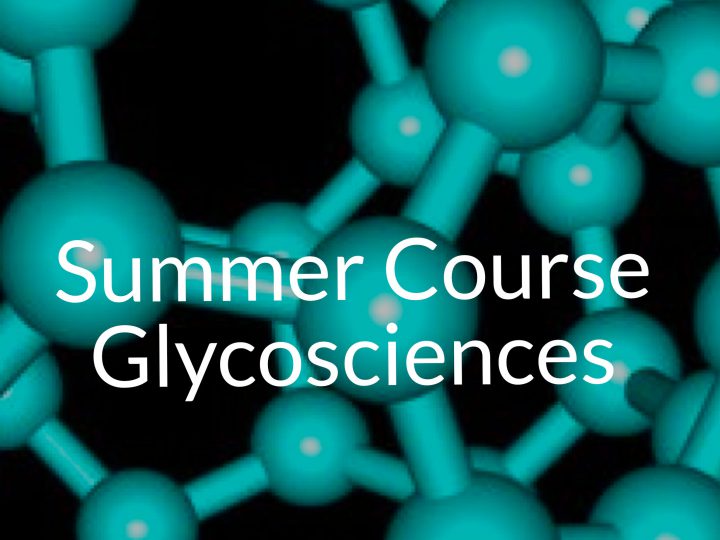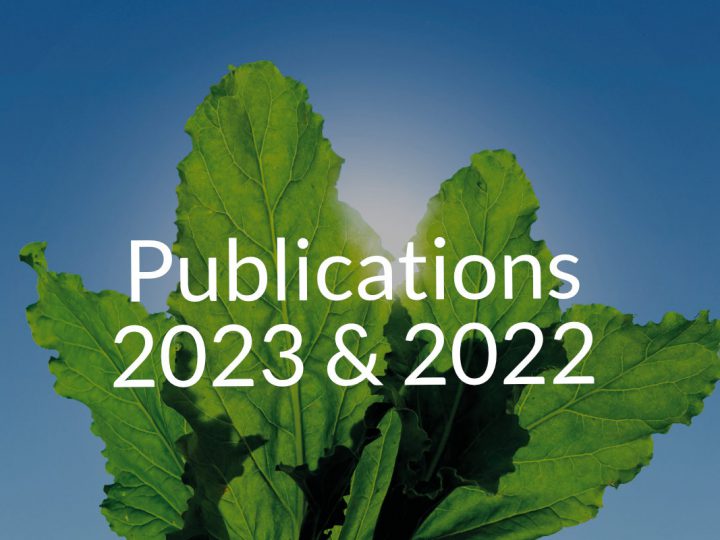 Chemical company DSM was named leader in the Dow Jones Sustainability World Index in 2016 – a position they’ve held in 7 of the last 13 years. So, it is no wonder they are interested in the kind of research which is done in the CCC, explains Senior Science Fellow in Polycondensation Technology Cor Koning and Senior Scientist Acrylic Polymers Tijs Nabuurs at DSM Coating Resins. Koning: ‘Our motto is: Shaping a Sustainable Coatings Future. Together. With the latter we mean that we cannot shape our mission without our customers and partners.
Chemical company DSM was named leader in the Dow Jones Sustainability World Index in 2016 – a position they’ve held in 7 of the last 13 years. So, it is no wonder they are interested in the kind of research which is done in the CCC, explains Senior Science Fellow in Polycondensation Technology Cor Koning and Senior Scientist Acrylic Polymers Tijs Nabuurs at DSM Coating Resins. Koning: ‘Our motto is: Shaping a Sustainable Coatings Future. Together. With the latter we mean that we cannot shape our mission without our customers and partners.
DSM produces resins for high quality paints. Traditionally, these are based on raw materials from the petrochemical industry. ‘But some fifteen years ago, we started a program to replace these raw materials with more sustainable alternatives’, says Nabuurs. Making resins from building blocks derived from plant materials is a challenge: ‘They can react just a bit differently from the petrochemical versions. So, we needed a lot of research, both in house and through academic partners, to understand for example polymerisations of plant-based monomers and make sure the end product would be equal to or even better than the traditional resin.’
This work has led to many innovations. ‘A couple of years ago, we decided to replace organic solvents and switch to water-based products with the same quality and performance’, says Koning. It is one of many options to enhance sustainability, which also includes reducing the use of toxic chemicals and switching to plant-based or recycled raw materials. The latter are based on Decovery® Technology. Decovery® are DSM’s novel plant-based resins for long lasting paints that enables us to change our environment without impacting it and which is not harmful for our health.
DSM mostly uses raw materials from other suppliers. ‘This means we have to encourage them to produce them in a sustainable way’, says Nabuurs. ‘And on the other side, we have to show our customers that these products are just as good or even better.’ Besides the fact that plant-based materials are better for the environment, DSM is looking for more added value. ‘Apart from the sustainability, this could be something like a shorter drying time or a more durable coating’, says Koning.
To reach the VVVF (association for the Dutch paint and printing ink industry) aim of producing at least half of the paint binder resins from plant-based materials by 2030, a lot of research still has to be done. Koning: ‘When text books discuss plant-based materials for paints, it is usually the oils, or starch. But you’ll find little about plant-based acrylates and diacids, which is used in a significant part of our resins.’ To get greener raw materials, DSM Coating Resins needs to cooperate in research with their suppliers. This might be done through a CCC program. ‘We are very interested in participating’, says Koning. ‘And we need to work together with a possible supplier, like e.g. Cosun, who can make raw materials for resins from beet pulp.’
In the end, both DSM scientists believe it will be possible to switch to fully sustainable resins. After all, the building blocks are carbon, hydrogen, nitrogen and oxygen which are all present in biomass. But it will take a lot more research to get everything working. But, as the Decovery® website describes it: taking care of our environment is no longer an optional extra, it is an urgent necessity.




